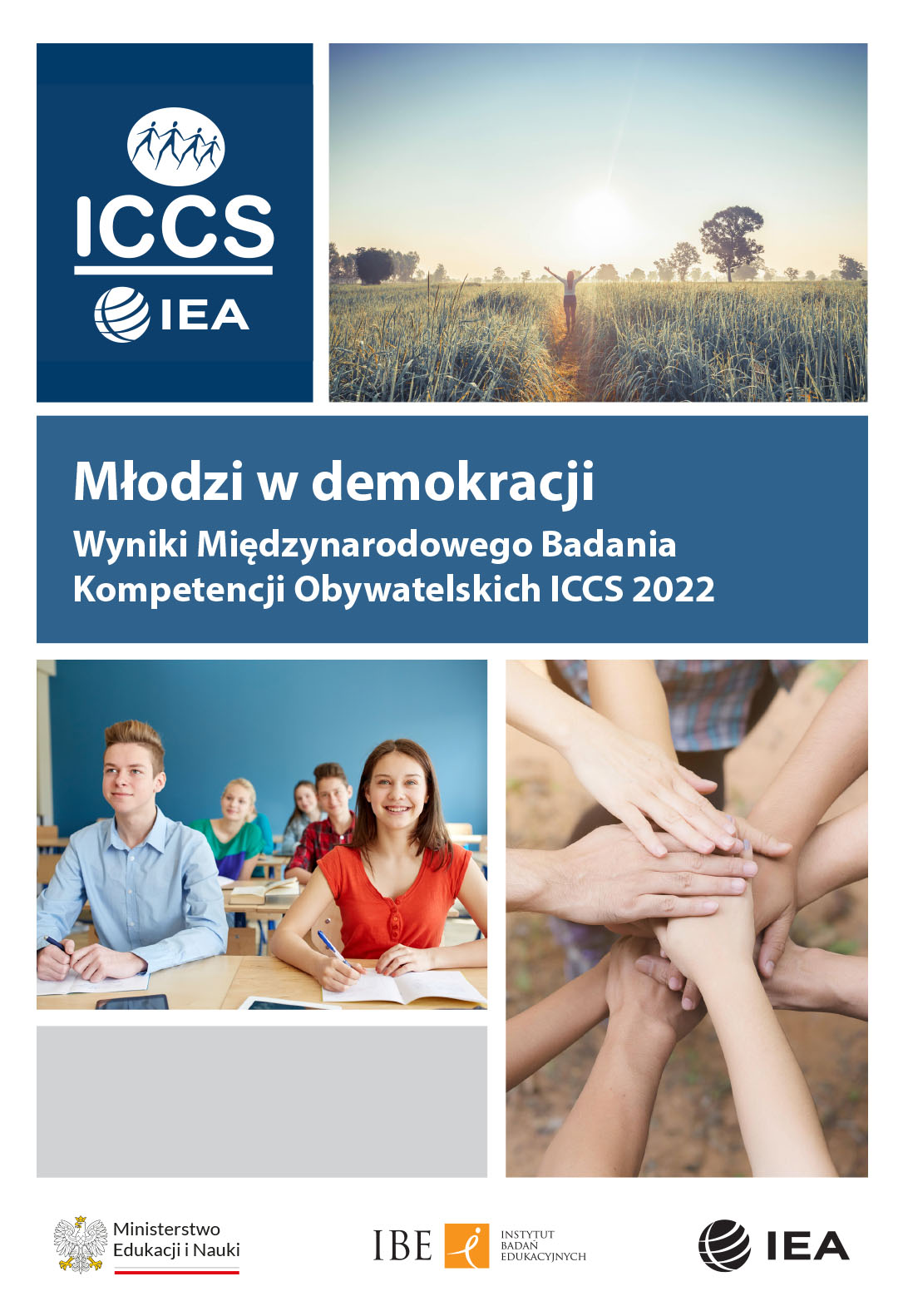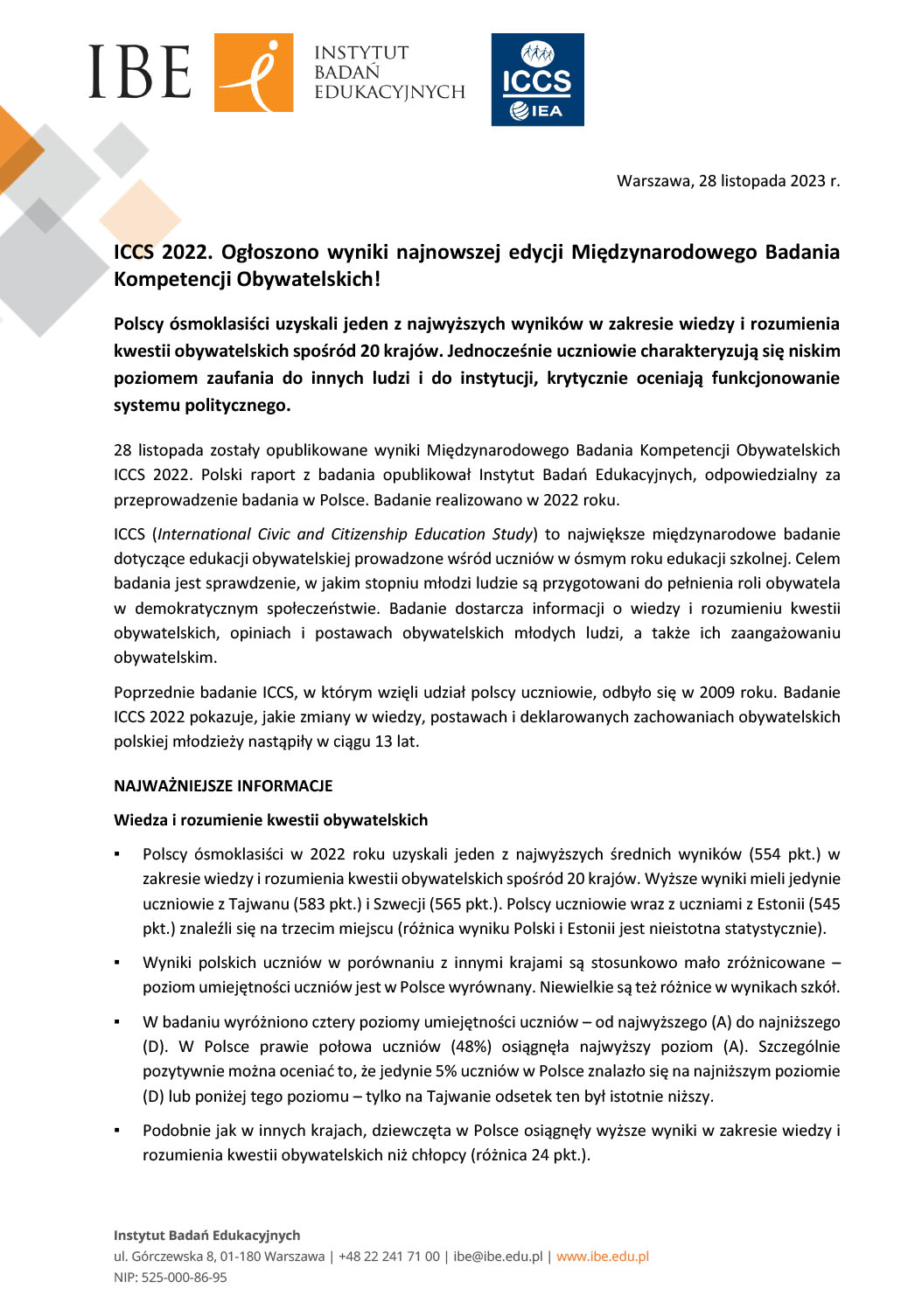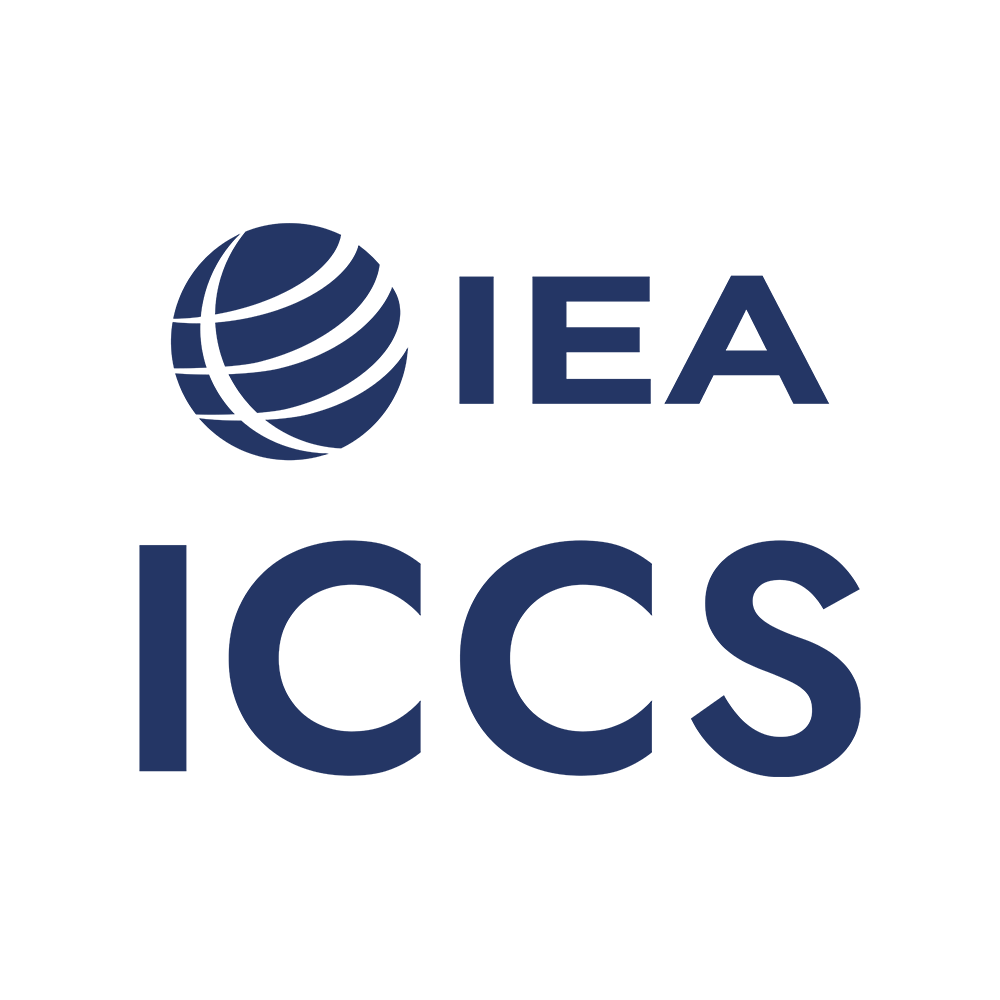ICCS was initiated and is organized by the International Association for the Evaluation of Educational Achievement (IEA). The primary goal of the study is to determine the extent to which young people are prepared to participate in social life and undertake their role as citizens in a democratic society. ICCS measures students’ civic knowledge and understanding, as well as their civic attitudes and engagement. Three cycles of this study have been completed so far: in 2009, 2016, and 2022. Poland participated in the first and third ICCS cycles.
The study is conducted among students in their eighth year of schooling, with the average age of students at the time of the assessment not being less than 13.5 years. In Poland, second-year lower secondary school (gimnazjum) students took part in ICCS 2009, while the participants in ICCS 2022 were eighth-grade primary school students.
The study is conducted on a representative, random sample of students. Based on the results, conclusions can be drawn about the entire population of eighth-grade students attending school in a given country. The sampling is done in two stages – first, schools are randomly selected, and then 8th-grade classes are randomly chosen within those schools. All students from the selected classes are invited to participate in the study. During the assessment, which takes place at school, students complete task sets on civics and citizenship, and after this, they respond to questionnaires. Approximately 150 schools usually participate in the study in each country.
In addition to civic knowledge and understanding, attitudes, and engagement, the study examines a range of contextual factors relating to, among others, students’ opinions and attitudes, their home environment and educational experiences, teaching processes at the classroom and school level, and the school’s resources and organization. Data on these issues are collected through questionnaires completed by students, school principals, and teachers from the schools selected for the study.
Teachers of eighth-grade classes also participate in ICCS. In each sampled school, teachers are randomly selected from all those teaching at this grade level, not only those who teach the students selected for the assessment. This approach makes it possible to generalize the findings to the entire population of eighth-grade teachers in a given country.
The first study cycle, ICCS 2009, was conducted exclusively using a paper-based format. Subsequent cycles gradually introduced computer-based assessment elements. In ICCS 2016, an online format was introduced for school principal and teacher questionnaires. ICCS 2022 added a computer-based student assessment. In 2022, students and principals in Poland used the paper format, while teachers completed the questionnaire online. Looking ahead, ICCS 2027 will be the first cycle where a computer-based assessment is mandatory for all participating countries.
The 2009 study in Poland was conducted by a research team from the University of Warsaw and the Warsaw University of Life Sciences. The Educational Research Institute was responsible for ICCS 2022, conducted on behalf of the Ministry of National Education.
The number of countries and regions participating in ICCS has varied over the years. The first cycle in 2009 included 38 countries and regions, the second in 2016 had 25, and the third in 2022 had 24.
For more information, please visit: the Polish study website and the IEA website.
Data and instruments
The study assessment framework
The scope and assumptions of each ICCS cycle are presented in the assessment framework. The frameworks for successive cycles maintain a continuity that is essential for making comparisons across cycles. However, they are reviewed and updated for each cycle to reflect, among other things, ongoing social processes, the challenges societies are facing, as well as the latest research findings. The preparation of each framework involves experts as well as representatives of the participating countries.
The assessment framework for each ICCS cycle is available on the IEA website.
Country Reports – Poland
Country reports are prepared by the national research teams. The Polish reports contain a more detailed discussion of the results concerning Poland and students from Polish schools. These results are analyzed and described more thoroughly, compared with results from other countries and previous cycles, and also take into account changes in the Polish education system.
ICCS 2022

Polish ICCS 2022 Report
Wasilewska O. (red.) (2023). Młodzi w demokracji. Wyniki Międzynarodowego Badania Kompetencji Obywatelskich ICCS 2022
Warszawa: Instytut Badań Edukacyjnych
View the printable version of the publication
View the digitally accessible (WCAG) version of the publication

Press Release – ICCS 2022 Results
International Reports
International reports presenting the results of each study cycle, as well as other publications and materials related to the study, are available on the IEA websites.
ICCS 2027
The study will be conducted in the years 2024-2029. The assessment at schools will take place in 2027, with the results scheduled to be announced in 2028. The release of the databases is planned for early 2029.





